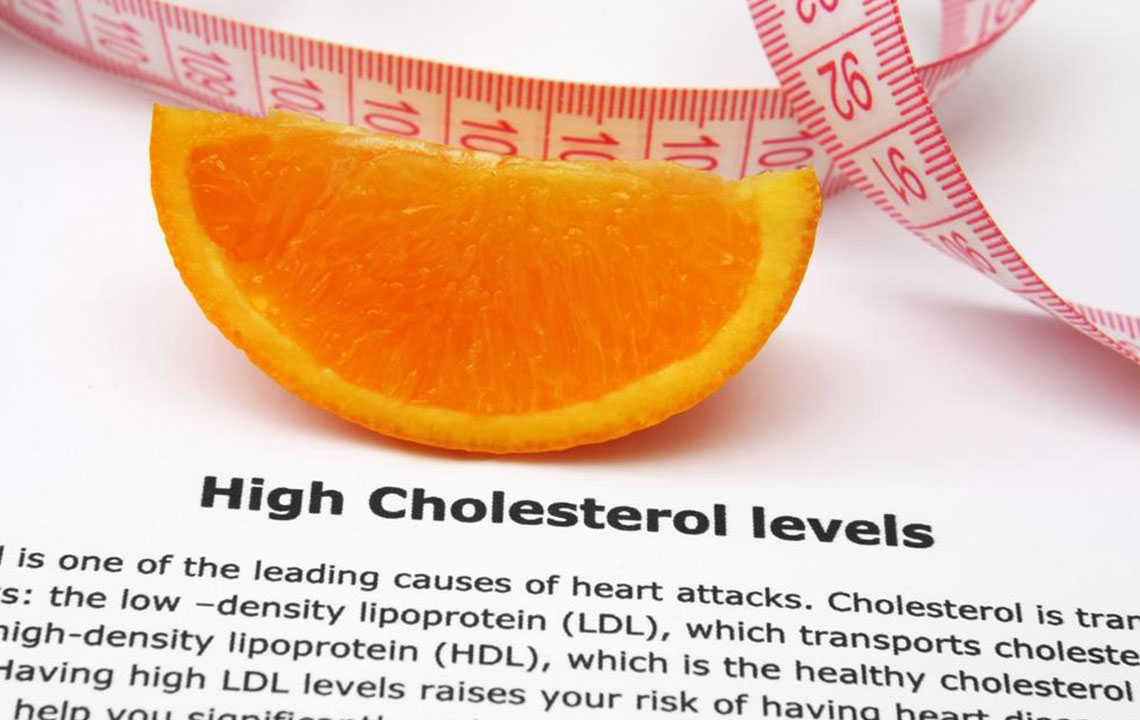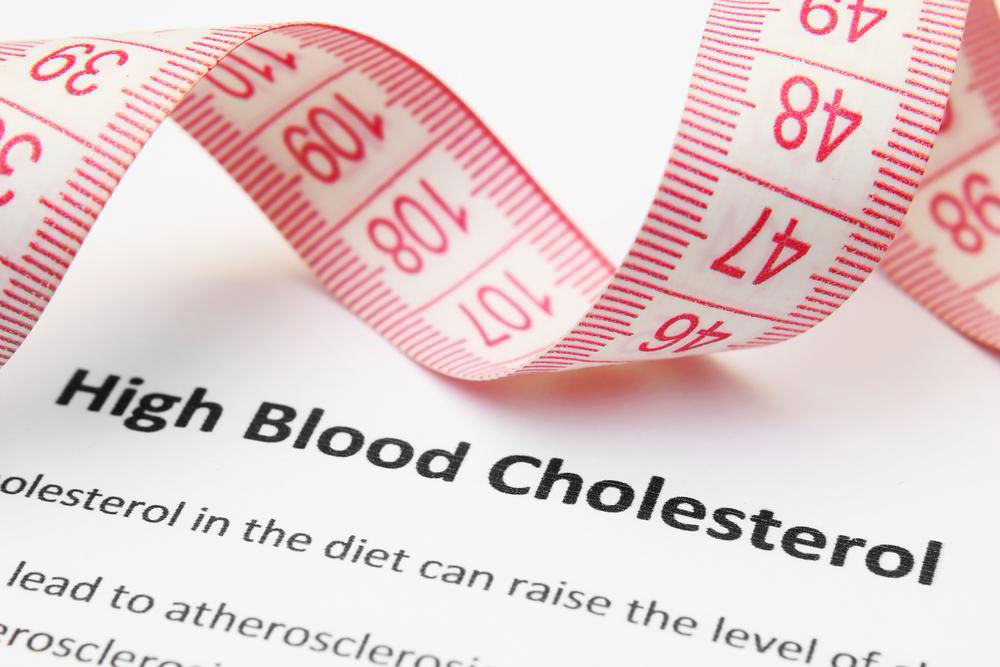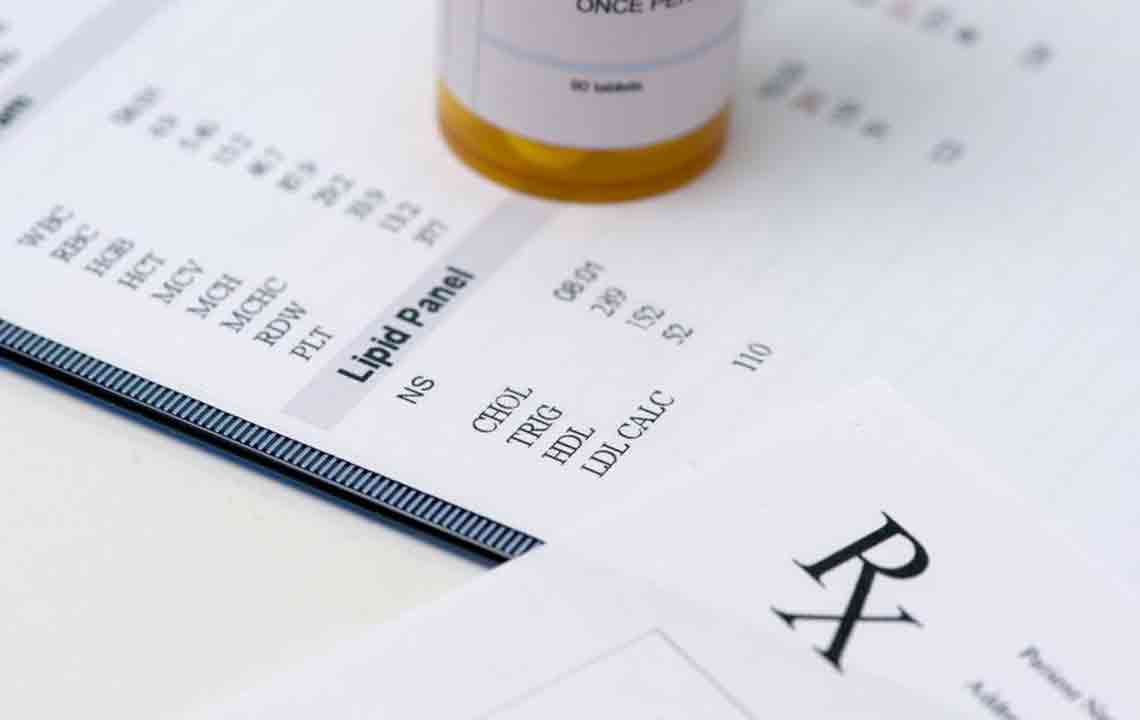Top 4 Causes of Elevated Cholesterol Levels and Effective Management Tips
Discover the four primary causes of high cholesterol and learn effective strategies to manage and reduce your levels. This guide covers dietary habits, lifestyle choices, and medical insights to promote heart health and prevent cardiovascular risks. Implementing these tips can help you achieve healthier cholesterol levels, improve your overall well-being, and reduce the chances of heart attack or stroke. Consult your healthcare provider for personalized advice tailored to your health needs.

Top 4 Causes of Elevated Cholesterol Levels and How to Manage Them
Cholesterol, a waxy substance in your bloodstream, is essential for building healthy cells. However, excess cholesterol can contribute to heart problems by clogging blood vessels and restricting blood flow. This blockage diminishes oxygen supply to the heart and brain, increasing the risks of heart attack and stroke. Understanding what causes high cholesterol is crucial for prevention and treatment. Here are the four most common factors that lead to elevated cholesterol levels and ways to control them.
Major Contributors to High Cholesterol
Unhealthy Eating Habits
Diet plays a significant role in cholesterol levels. Consuming foods high in saturated fats increases the risk. Common culprits include:
Dairy products like butter, cream cheese, and cheese
Fatty meats such as pork and beef cuts
Processed meats like sausages and salami
Baked goods like crackers and cookies
Obesity
Being overweight or obese, especially with a BMI over 30, significantly raises cholesterol levels, worsening cardiovascular risk.
Smoking
Smoking reduces beneficial HDL cholesterol and damages arterial walls, making it easier for fats to accumulate and cholesterol to stick to artery walls.
It also hampers overall heart health, amplifying the risk of heart disease.
Diabetes
Diabetes affects cholesterol by lowering HDL levels and damaging arteries, thereby increasing the likelihood of cardiovascular events.
Managing Cholesterol Levels
To lower high cholesterol, lifestyle modifications are essential. Your healthcare provider might suggest dietary changes, physical activity, and, in some cases, medications to reduce LDL cholesterol. Always share your complete medical history with your doctor to avoid adverse drug interactions. Adopting a healthy, active lifestyle and monitoring your diet can significantly improve your cholesterol profile and overall health, helping prevent serious conditions.










